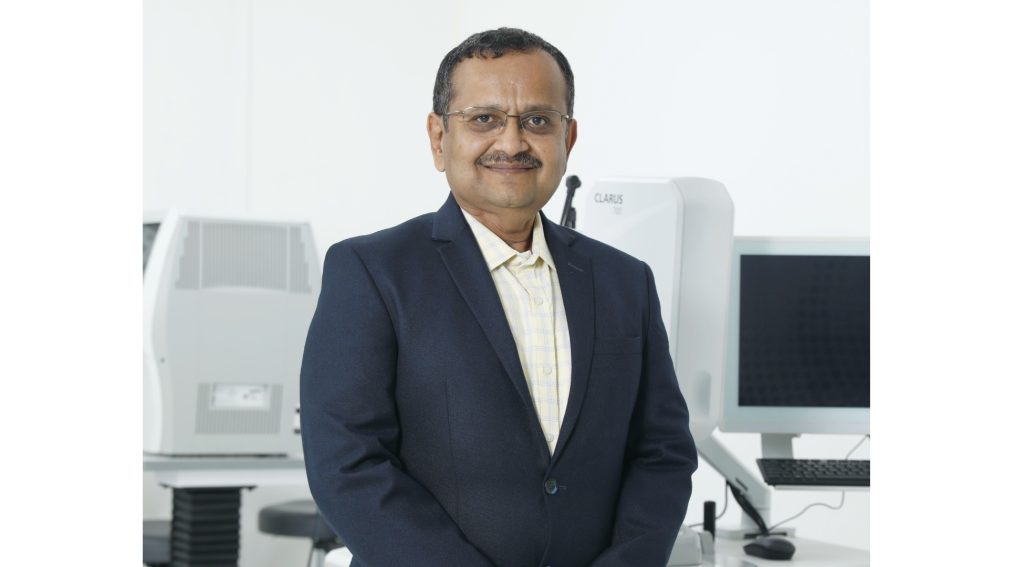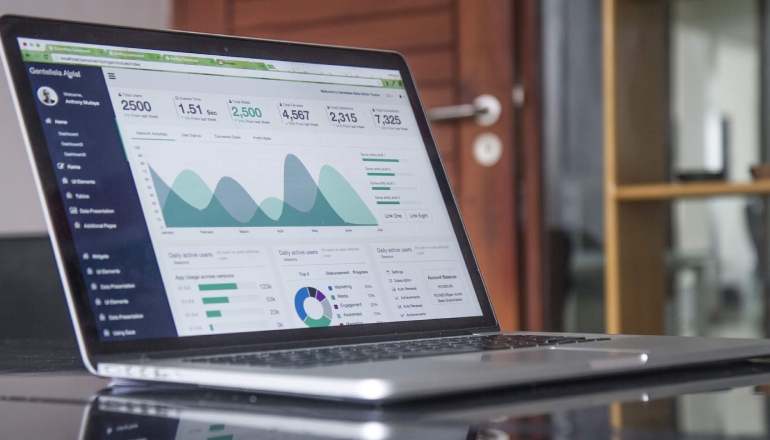India’s rise to prominence in the world of manufacturing has been remarkable.
Indian manufacturing is transforming due to increased competition, rising customer demands, and the pressing need for sustainability. Organizations today face both possibilities and challenges as smart manufacturing, powered by cutting-edge technology like artificial intelligence and generative solutions, takes center stage.
With India becoming a major center for manufacturing worldwide, the emphasis is on using technology to boost productivity and competitiveness.
Here are some predictions about the future of the manufacturing ecosystem.
Smart manufacturing: beyond automation
While smart manufacturing often conjures images of robotics and automation, its value lies in practical enhancements that boost efficiency and minimize waste. Automation and data-driven decision-making enable companies to streamline operations and reduce downtime. For instance, predictive maintenance systems can alert operators to potential equipment failures, preventing costly production delays and extending machinery lifespan.
Another critical component is real-time production monitoring. Manufacturers can track output, identify inefficiencies, and make swift adjustments to enhance productivity by equipping machines with sensors. ZEISS Group exemplifies this approach by adopting SAP Digital Manufacturing solutions, which harmonize operations and replace manual processes with standardized applications. This digital transformation improves efficiency and aligns with the industry’s move towards achieving goals.
Sustainability: a core business strategy
Sustainability transcends regulatory compliance and is integral to a company’s long-term success. Businesses prioritizing sustainable practices often realize cost savings, bolster brand loyalty, and secure enduring stability. One impactful area is energy efficiency, where factories increasingly adopt renewable energy sources like solar and wind power to reduce reliance on traditional energy supplies.
Waste management also plays a pivotal role. Recycling and reusing materials help businesses lower costs while reducing their environmental footprint. Water conservation is equally vital, particularly in regions facing water scarcity. Investments in wastewater treatment systems ensure a consistent water supply for operations. ZEISS’s sustainability strategy focuses on climate action, the circular economy, and societal well-being, actively contributing to the United Nations Sustainable Development Goals. In India, ZEISS employees have initiated projects addressing climate change by organizing sustainable resource use, thereby enhancing eco-friendly practices within communities.
Building resilient supply chains:
Recent disruptions have highlighted vulnerabilities in global supply chains, including inventory shortages, escalating logistics costs, and unpredictable demand. To mitigate these risks, businesses must adopt flexible and responsive supply chain strategies.
Regional sourcing is one practical approach. By collaborating with multiple suppliers across different regions, companies enhance resilience against disruptions. Technology-driven inventory management systems enable real-time tracking of supply levels, preventing stock imbalances.
Logistics is also evolving, with companies exploring alternative transportation methods such as electric delivery fleets and rail freight to reduce costs and carbon emissions. These incremental changes collectively strengthen supply chains, making them more sustainable and adaptable.
The future of Indian manufacturing:
Manufacturers will have the chance to develop highly efficient, flexible production environments as these technologies advance, enabling them to react quickly to shifts in customer demand and market conditions.
AI, IoT, and machine learning developments will influence smart manufacturing in the future by increasing automation, enabling real-time analytics, and fostering interconnection among all production processes. Organizations should invest in technology infrastructure and promote a continuous learning culture to prepare for these changes. Giving workers the skills they need to collaborate with this cutting-edge technology is crucial.
Maintaining long-term competitiveness and profitability will require embracing innovation and adaptation to navigate the intricacies of the digital manufacturing market.
Mr Hariprasad Padaki is the Head of Vision Care Operations at ZEISS India. Views expressed are personal.











